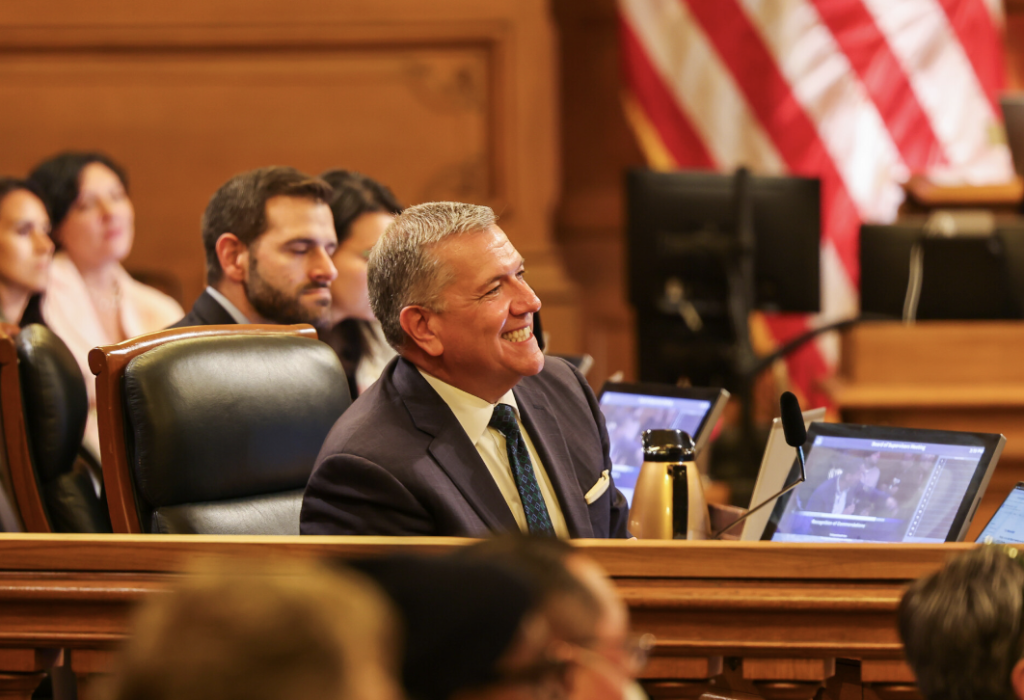We got in a bit of a debate (on Twitter, anyway) last week with Sup. Matt Dorsey about harm reduction and “cessation” of drug activity. Dorsey is moving legislation that would “establish the cessation of illicit drug use and attainment of long-term recovery from substance use disorders as the primary objective of the City’s drug policy.”
That’s a big step away from the city’s long-term reliance on harm reduction as a key part of responding to substance-use issues. We noted that relying on total abstinence and sobriety as the primary focus of city policy has a lot of down sides.
It appears some prominent doctors agree.

Here’s the headline from Mission Local:
UCSF doctors warn: Abstinence-only approach to drug use can kill
From the story:
As San Francisco politicians increasingly embrace abstinence-first approaches to drug and substance use, a panel of four University of California, San Francisco doctors today issued a note of caution: Prioritizing abstinence, if it comes at the expense of alternative policies like harm reduction, can itself be deadly, they warned.
“Abstinence-only approaches to opioid-use disorder kills people,” said Dr. Scott Steiger, a UCSF internal medicine and addiction doctor. He worried that a strictly abstinence-only approach could result in people not being offered life-saving medications like methadone, which can prevent overdoses. …
“Harm reduction and treatment are part and parcel,” said Dr. Ayesha Appa, a clinician investigator in addiction medicine. She described harm reduction as “one of the most important tools” in her kit.
For instance, she said, one of her patient’s relationships with people offering safer use supplies made him feel valued, and that it would be possible to get on methadone. Since then, he’s been moving forward with recovery.
Dorsey, in a Mission Local interview, says that sometimes, forcing people into treatment is effective. A lot of others disagree.
From my friend the legendary organizer Buck Bagot:
I’m an alcoholic with 13 years sober thanks to AA. No one could make or convince me to stop drinking in the bad old days. (My experience in S.F. is that most alcoholics/addicts use both alcohol and drugs). The vast majority of us can only stop when we recognize we are substance abusers, decide to try to stop using, and usually only then with AA/NA. Even then, way less than half of us can stay sober for one year. You can’t “make” us stop. Best to house homeless users, work with them to reduce their use, and be there with a path to recovery if and when they decide to stop using.
The legislation has yet to be scheduled. There are no Board of Supes meetings this week.
The San Francisco Police Department has had a lot of issues with illegal searches. Three times, federal judges have thrown cases out—some of them serious criminal cases—because the cops refused to follow the Fourth Amendment.
And of course, the department updated its policies, and conducted trainings, and this 2021 General Order explains that
It is the policy of the San Francisco Police Department that everyone has the right to use the public streets and public places so long as they do not engage in criminal activity. Factors such as the person’s race, color, ethnicity, national origin, religion, age, gender identity or expression, sexual orientation, mental or physical disability, dress, disheveled or impoverished appearance or socio-economic status do not justify even a brief detention, a request for identification, or an order to move on, nor do general complaints from residents, merchants or others.
And yet, there are apparently still some serious problems.
The Police Commission Wednesday/2 will hear a report on disciplinary actions in the first quarter of the year, and among them is a case from 2021 in which an officer was charged with
violation of the Fourth Amendment and Rule 5 of Department General Order 2.01; in violation of Department General Order 1.03; in violation of Department General Order 2.01, Rules 9 and 14; violation of Department General Order 2.01, Rule 9.
Under state law, the officer’s name is not public.
But he or she can remain with the force: The settlement agreement calls for a 180-day suspension—which is serious, but far less serious than termination.
Another cop is facing a 180-day suspension, which is “held in abeyance for three years,” meaning it’s basically probation. That officer’s offense?
Unlawfully Activating Fire Alarm; Dishonesty During Administrative Interview.
You have to wonder what that was all about.





